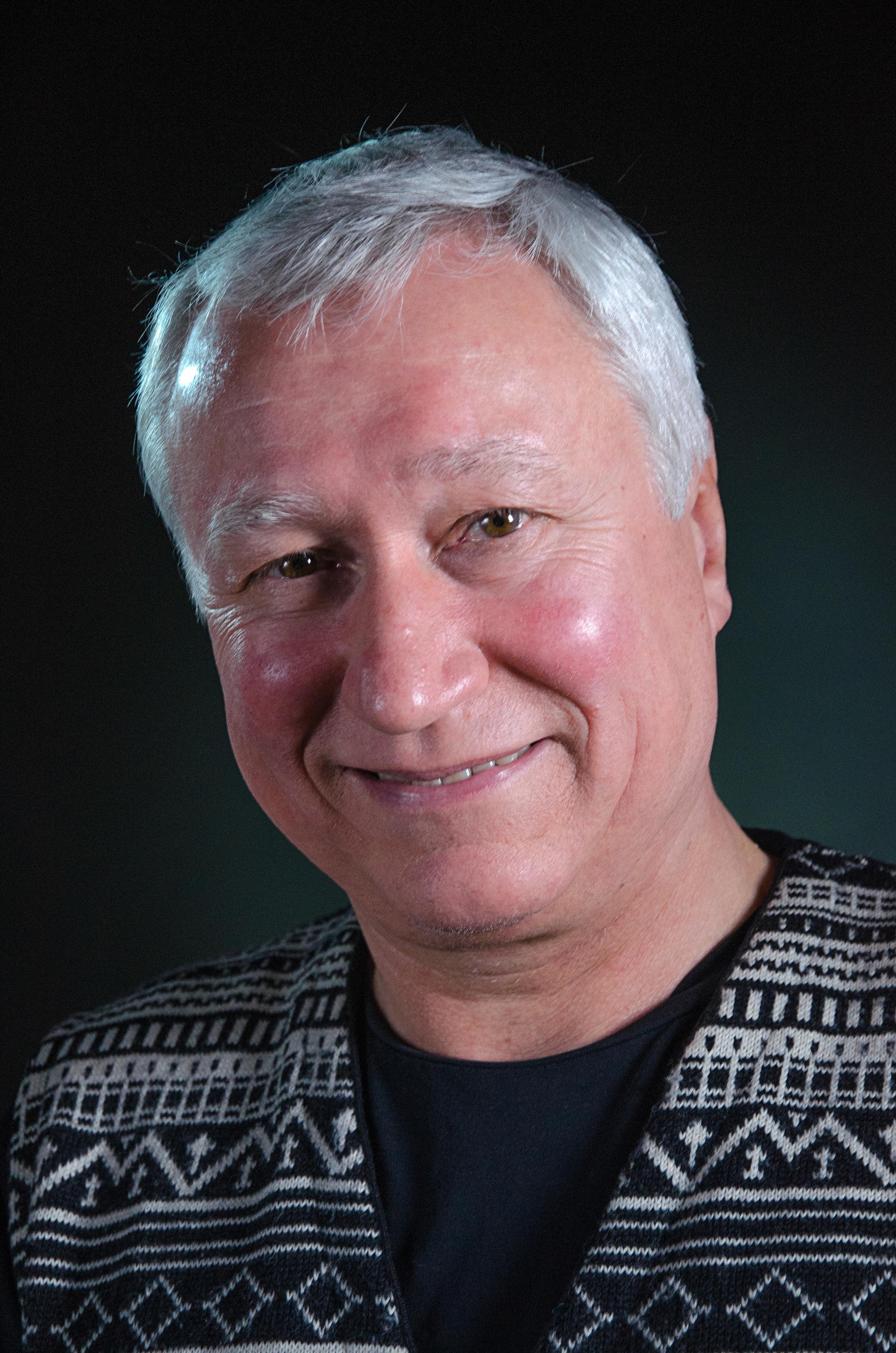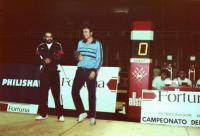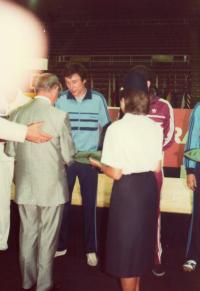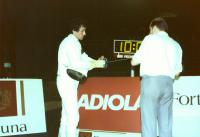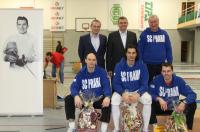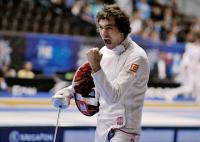If you loose your cool, you don’t stand a chance
Jiří Beran was born in Prague in 1954. His parents were sporting people, and they raised their boy to be a sportsman. He started playing league football when he was eight, but his promising career was cut short by a thigh injury. Only later, at the age of twenty-one, a classmate introduced him to fencing. He participated in international tournaments at his own expense, but in 1981 he worked his way into the Czechoslovak national fencing team. Besides competitive sports, he studied at the Czech Technical University in Prague and was then employed as a construction manager for thirty years. Jiří Beran’s greatest accomplishments in fencing include ranking sixth at the world championships in Barcelona in 1985 and winning the world cup three years later. His family was deeply affected by a car accident in Bulgaria in 1987, which had severe consequences mainly for his wife. Because of this, Jiří Beran began taking his children with his to tournaments and seminars, thus bringing them closer to the fencing community and kindling in them a love for fencing. After the Velvet Revolution he and his friends founded their own fencing group and later built up their own fencing hall in Prague-Letňany. A few years ago Jiří Beran finally began working in sports full-time, becoming the trainer of the Czech national fencing team. His son Jiří is currently the best fencer in the Czech Republic.
